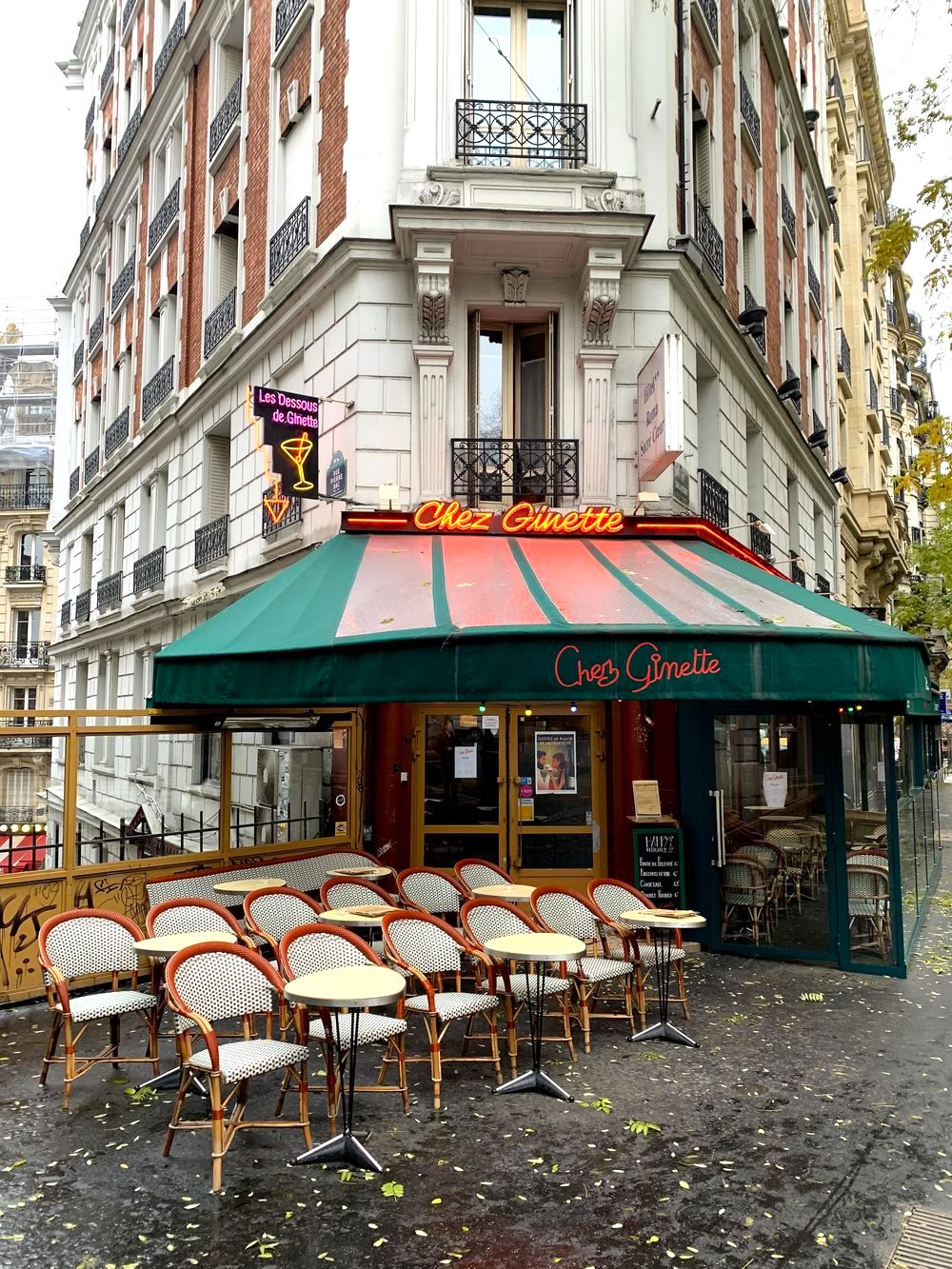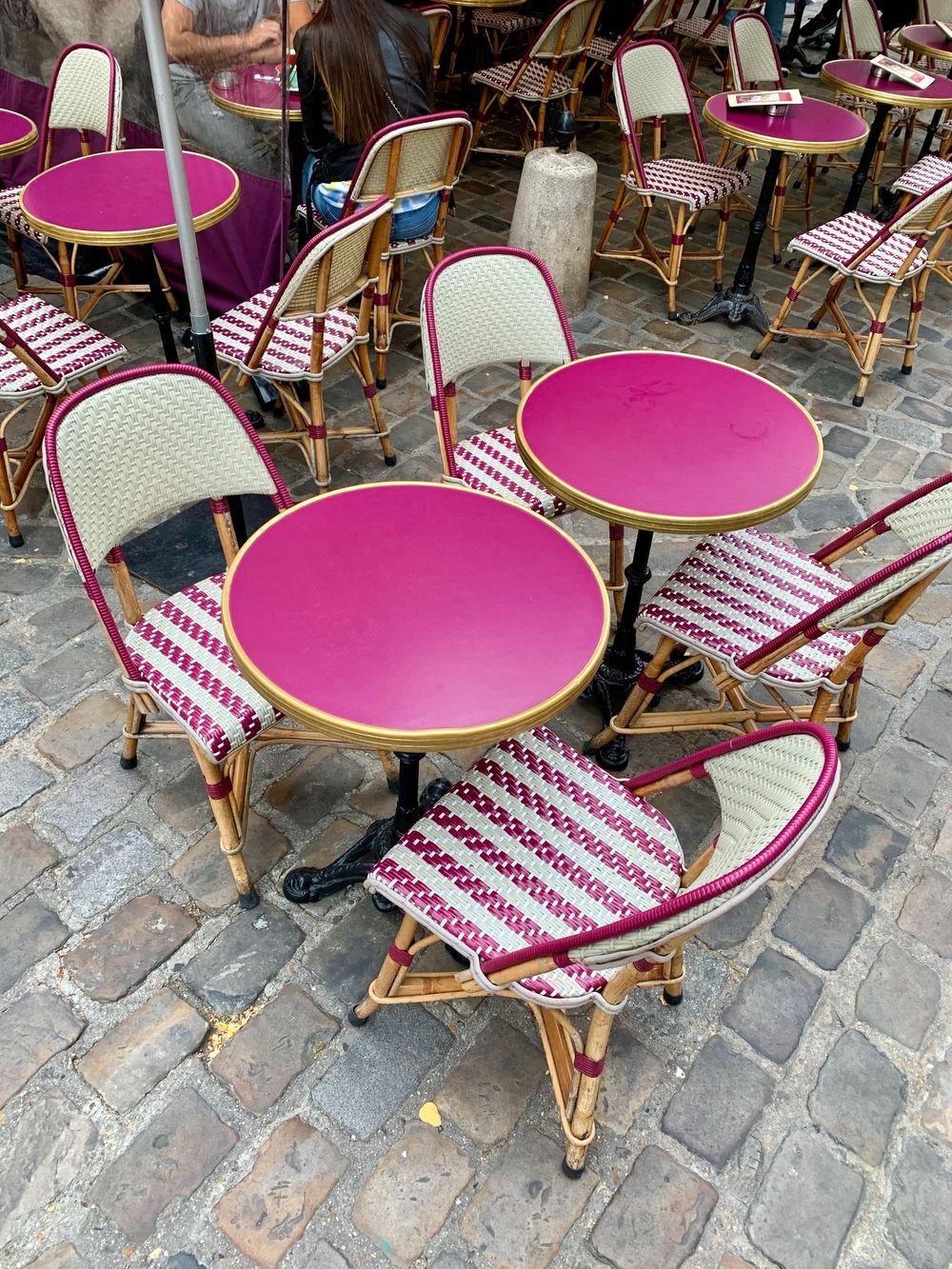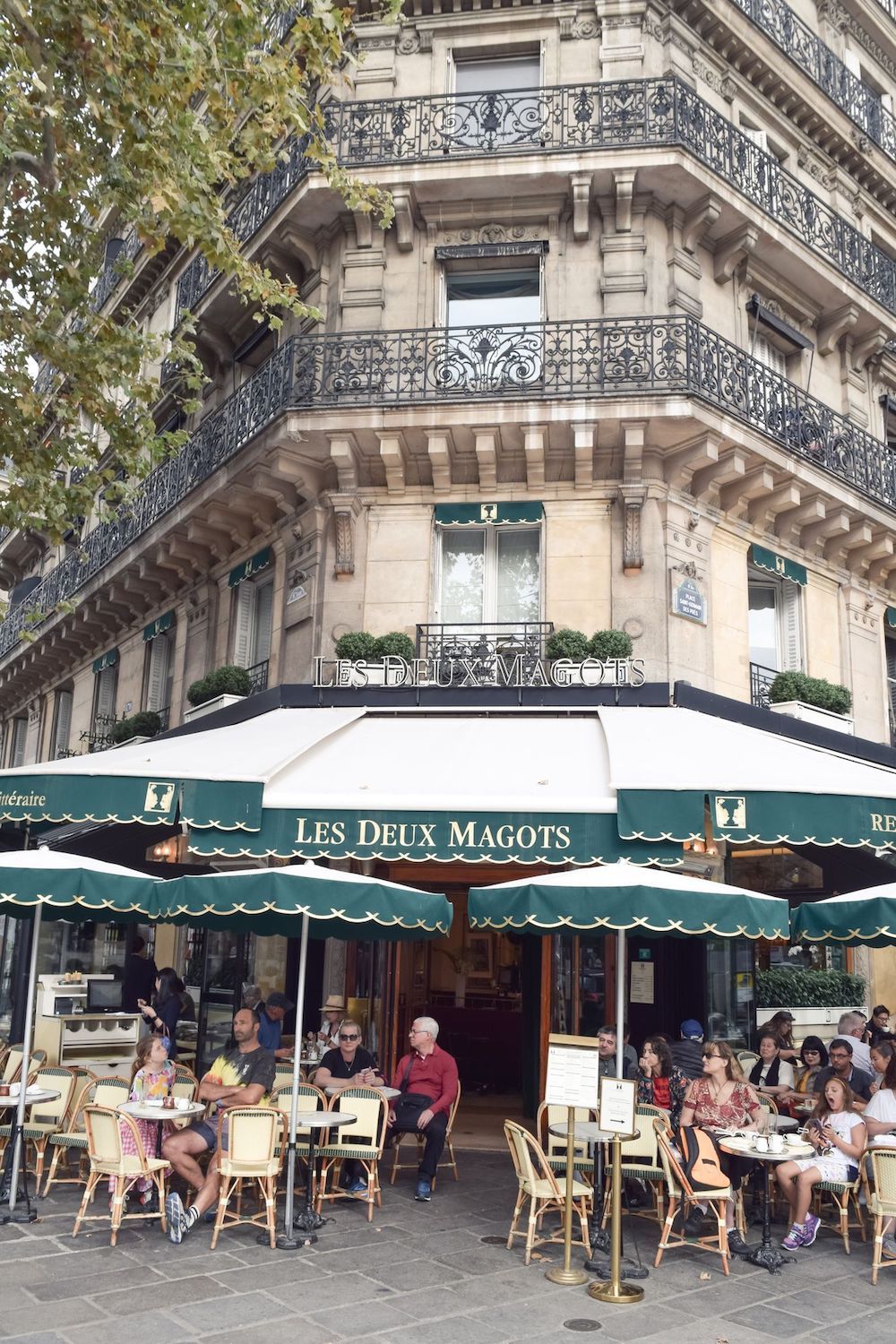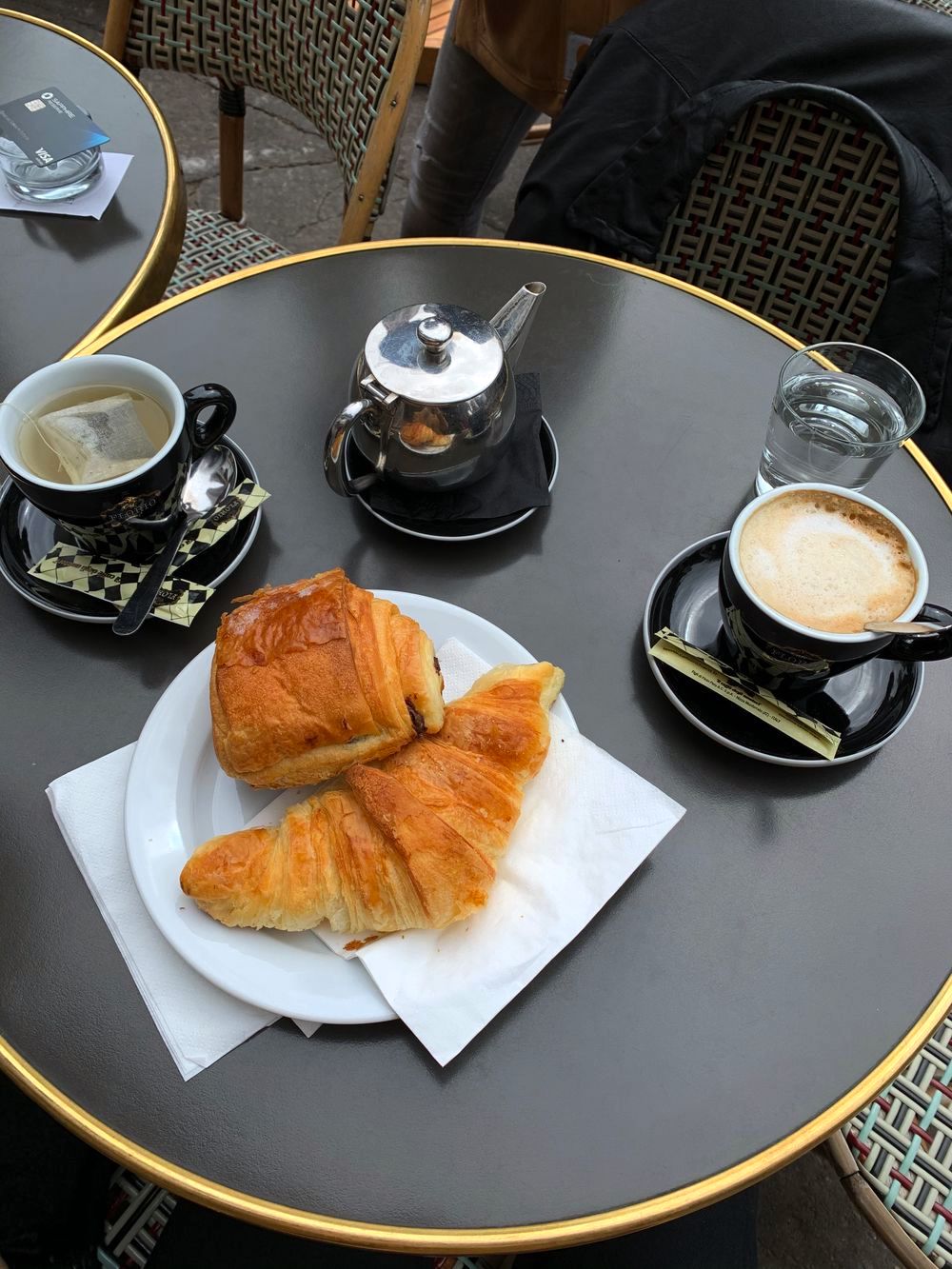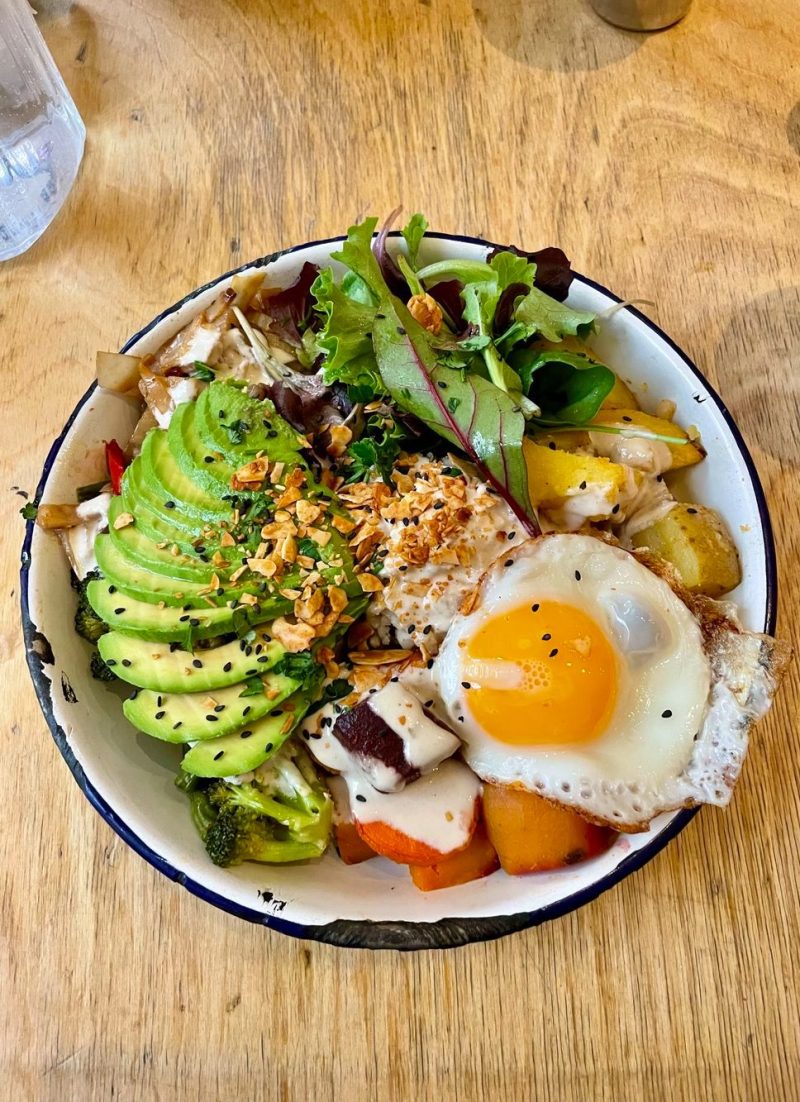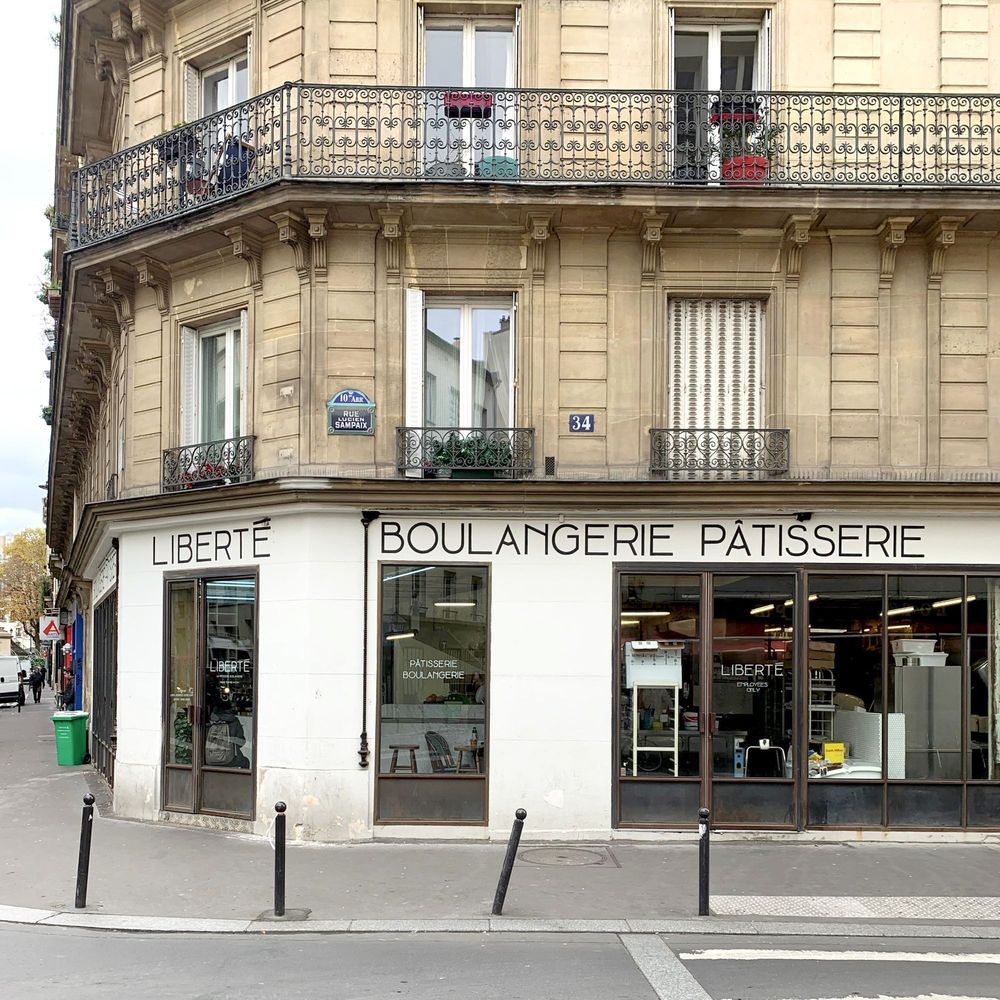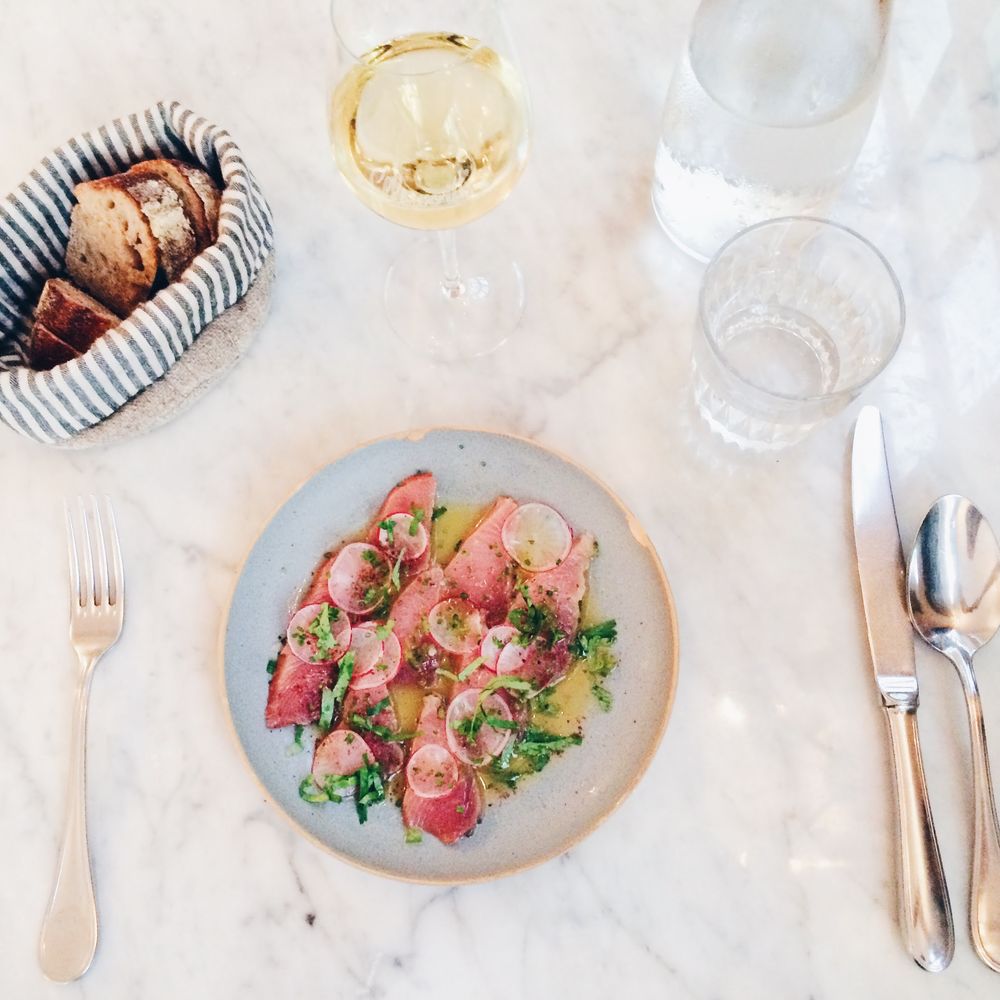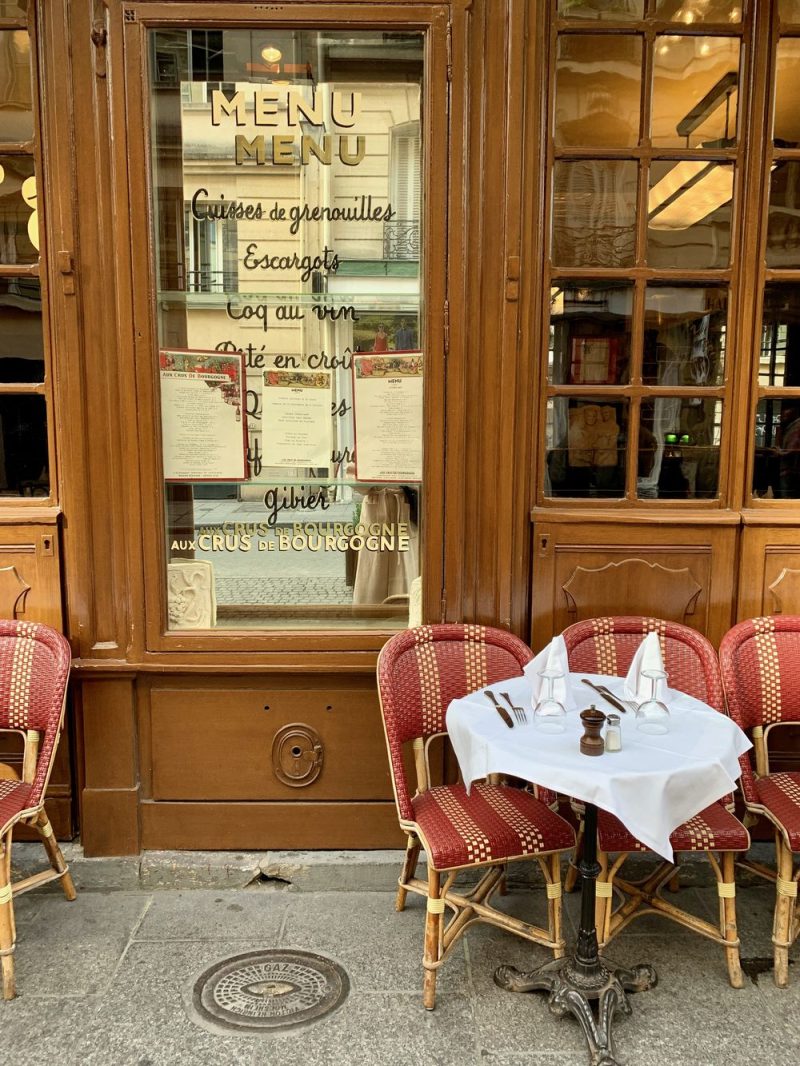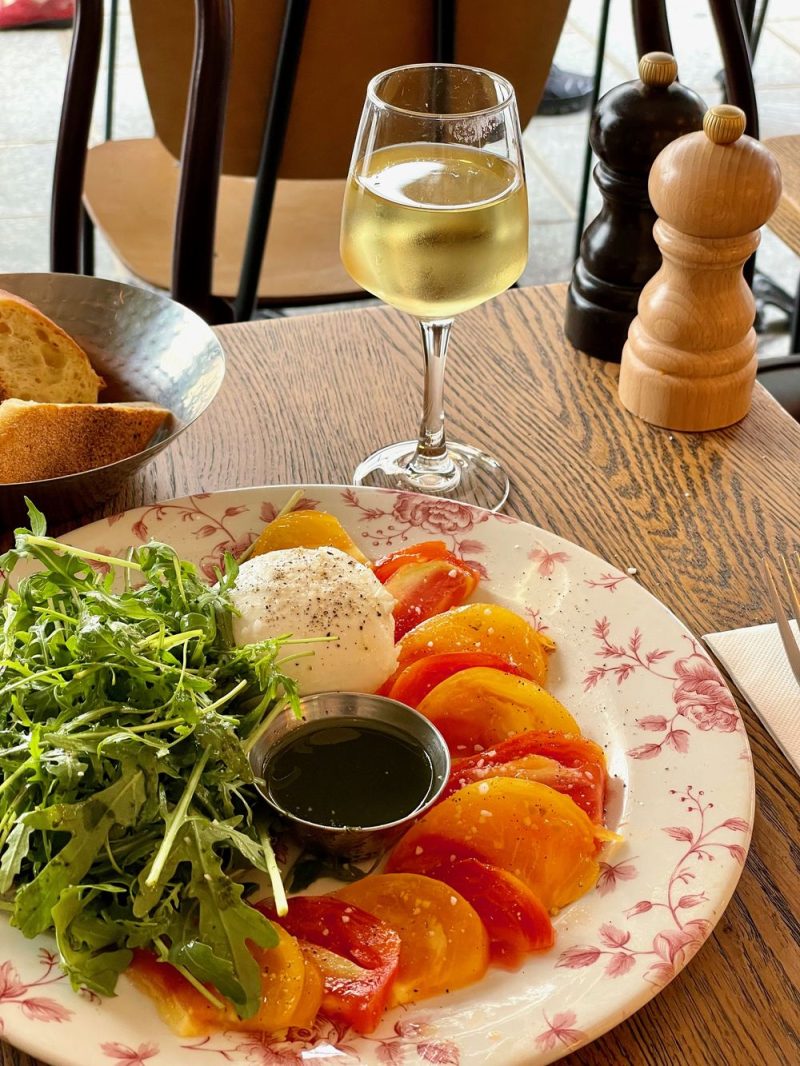Paris Café Culture: the history of this Parisian Lifestyle pastime
Culture Travel may earn a commission through links on this website. As an Amazon Associate, we earn from qualifying purchases.
Parisian café culture is a quintessential part of the Parisian lifestyle. There’s nothing more iconic than sitting at a Parisian café, watching the world go by while sipping a café au lait or glass of Bordeaux. The café culture in Paris is an essential part of the city’s spirit and has been for centuries. Paris is the epicenter of greater France’s café culture.
As a coffee addict, I’m excited to dive deep into what makes Parisian café culture so special. We’ll explore how cafés function as the heartbeat of Parisian neighborhoods, providing both a gathering place and an escape.
I’ll take you through the origins of Parisian cafés, how their roles have evolved over the years and the rituals that come with patronizing these establishments. From people-watching and coffee-drinking etiquette to the waiters, decor, and even the pastries, we’ll cover everything that defines the Paris café experience.
I hope you’ll understand why cafés are such an integral part of Parisian life. Whether you’re a first-time visitor looking to soak up the true Parisian café vibe or you’re simply dreaming of transporting yourself there, stick with me on this journey to uncover what Paris café culture is all about!
Historical Significance of Cafés
Cafés hold a significant place in the history of Paris. Historically, they have been not just spots for a coffee break, but hubs of intellectual and cultural exchange. Parisian cafés sprouted in the 17th century and rapidly turned into centers for socialization, artistic discourse, and philosophical debates.
In the 18th and 19th centuries, Parisian cafés became meeting points for writers, artists, and philosophers. Literary and artistic movements, like existentialism and surrealism, were often born and nurtured in the warm ambiance of Parisian café culture. Notable figures, such as Voltaire and Jean-Jacques Rousseau, were known to frequent these establishments, engaging in lively debates and penning some of their famous works within these spaces.
Furthermore, these cafés played pivotal roles during significant historical events, such as the French Revolution. They were gathering places where people met to discuss political ideologies and strategies. The café culture in Paris not only fostered intellectual growth but also echoed the pulse of the evolving society.
Typical Parisian Café Features
Parisian cafés are famous for their distinct features which offer a unique ambiance for patrons. If they serve food, they might also be referred to as a restaurant or brasserie.
Firstly, the architectural aesthetics of cafés in Paris are often represented by ornate exteriors, complemented by chic and cozy interiors, an homage to the historical periods they have traversed.
Chairs Facing Street
The seating arrangement in Paris cafés is quite distinctive, with wicker chairs often lined up facing the streets. This layout facilitates people-watching, a popular Parisian pastime, allowing people to observe the bustling city life while downing a strong coffee or a light meal.
Terraces
Paris cafés are recognized for their outdoor terraces, which are particularly popular in the warmer months. These terraces provide an ideal setting for leisurely meals and heartfelt conversations, amidst the backdrop of the city’s picturesque streets.
Rattan Bistro Chairs
The rattan woven bistro chairs, a quintessential feature of Parisian cafés, embody the city’s flair for combining style with tradition. Characterized by their woven construction and distinctive patterns, they offer both comfort and elegance to patrons. These chairs not only furnish the cafés but also enhance the street aesthetics, painting a picturesque canvas that resonates with the charm and romance synonymous with Paris.
Round Bistro Tables
The round bistro tables in Paris cafés are a staple, promoting a convivial and intimate setting for diners. Often compact in size, they facilitate close conversations and a cozy dining experience. These iconic tables not only serve a functional purpose but also contribute to the classic Parisian café aesthetics, offering an inviting space to enjoy the classic Paris life.
Open Early in the Morning
The biggest aspect of Paris cafés when compared to other dining locations, is that cafés in Paris open quite early in the morning to begin serving coffee and baked goods to customers on their way to work.
Why Cafés are So Popular in Paris
Social Hub
Cafés in Paris have historically acted as significant social hubs, fostering an environment where intellectual debates, artistic expression, and community bonding thrive. Their popularity can be attributed to their role as informal meeting places where people can gather for not just a cup of coffee but for deep conversations and the exchange of ideas.
The special ambiance provided by the traditional Parisian café, distinguished by its comfortable seating and picturesque surroundings, offers a cozy backdrop for everyone to soak in the city’s culture, making them immensely popular places for leisure and socializing.
Intellectual Discourse
The popularity of cafés in Paris can significantly be credited to their historical role as nuclei for intellectual conversations. Throughout centuries, Paris café culture has encompassed notable thinkers, writers, and artists who engaged in deep discussions and debates over cups of coffee.
These spaces facilitated the birth and nurturing of several intellectual movements and literary works, thus embedding themselves in the cultural and intellectual fabric of Paris. This tradition continues today, with cafés serving as welcoming spaces where ideas flow freely, fostering a dynamic and passionate intellectual environment that attracts locals and visitors alike.
Prolonged Visits
Paris cafés also exude a relaxed atmosphere, encouraging lingering and leisurely enjoyment rather than a hurried experience. This pace aligns with the French philosophy of “joie de vivre” or the joy of living, where pleasure is derived from unhurried moments of indulgence. This essence is deeply ingrained in the café culture, so don’t worry too much about French café etiquette if you decide to stay a long while.
Famous Cafés in Paris
In Paris, a number of famous cafés stand out for their historical importance and enduring popularity.
Café de Flore and Les Deux Magots are two of the most renowned, having been frequented by intellectuals and artists such as Jean-Paul Sartre, Simone de Beauvoir, and Ernest Hemingway in the past century.
Similarly, Le Procope, a 17th-century café, holds the distinction of being the oldest cafés in Paris, once serving luminaries like Voltaire and Rousseau.
The Café de la Paix is another crown jewel in Paris café culture. Situated in the 9th arrondissement, near the opulent Palais Garnier, it was established in 1862, embodying the grandeur of Napoleon III’s era. Its stunning interiors showcase a blend of classic and extravagant designs, boasting impressive frescoes and gilded detailing, often catching the eye of passersby. Throughout its history, it has been a meeting spot for the elite, attracting famous names such as Emile Zola and Oscar Wilde.
La Rotonde is a celebrated café in the Montparnasse quarter of Paris, an area historically known as a haven for artists, writers, and intellectuals. Established in 1911, it quickly became a focal point for the artistic and literary communities, with figures like Pablo Picasso, Henri Matisse, and Gertrude Stein often frequenting its premises.
Le Select is another noteworthy café, known for its literary clientele including the likes of F. Scott Fitzgerald and Hemingway.
These Paris cafés, steeped in history and culture, continue to be landmarks in Paris, offering not just fine coffee and cuisine, but a tangible connection to the city’s intellectual and artistic legacy.
Cafés in Paris are a place where one can savor a slice of Parisian luxury while enjoying a backdrop that echoes the grand narratives of yesteryears.
Paris Café Menus
A signature feature of these establishments is their extensive menu of coffees, teas, and light fares. While traditionally known for their coffees, Paris cafés have evolved to serve full meals.
A typical Paris café menu is an amalgamation of classic French dishes and simple beverages. In the morning, you can enjoy a continental breakfast featuring freshly baked croissants, and baguettes with butter and jam, served with hot beverages like espresso, café crème, or tea.
As lunchtime arrives, the menu expands to include light salads and quintessential French sandwiches like the Croque Monsieur or a classic Quiche Lorraine.
In the evening, a Paris café menu transforms to offer substantial meals including salads with fresh ingredients, hearty soups, and traditional French platters such as Coq au Vin or Ratatouille.
Cafés always offer a selection of wines, from red and white to rosé, often sourced from local vineyards.
An assortment of delectable pastries and desserts are available at cafés, with sweets such as Tarte Tatin or Mousse au Chocolat to satiate the sweet tooth.
Throughout the day, anyone can enjoy French coffees, from a simple espresso to a luxurious Café Viennois, embodying the Parisian spirit of savoring life’s little pleasures through food and drinks!
